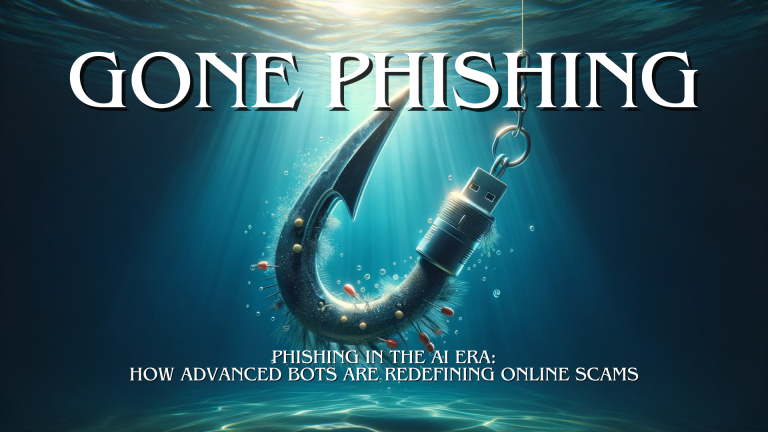Drawing on his expertise in immersive technology and digital innovation, Hawkinson sheds light on a concerning trend: the increasing sophistication of phishing scams in the age of AI. He examines how these scams, once straightforward attempts to deceive via email, have transformed into complex schemes that now involve AI bots impersonating humans and even other AI bots.

Star Trek’s 2024: Unsettling Parallels with Today’s World
“Star Trek” has long been celebrated for its uncanny ability to predict the future, but its foray into the specifics of the year 2024 is both eerie and disturbing in its accuracy. The Star Trek canon, rich with visionary ideas, has always blended the realms of science fiction with prescient insights into technological and societal…

Loot Battle: Epic Games vs. The App Store Giants
In a world where ‘an Apple a day’ doesn’t keep the regulators away, Epic Games has found itself in a tug-of-war with tech giants. First, they faced off against Apple in a battle royale over App Store policies, only to be ‘fortified’ in their fight against Google’s Play Store. Despite their loss to Apple, Epic’s…
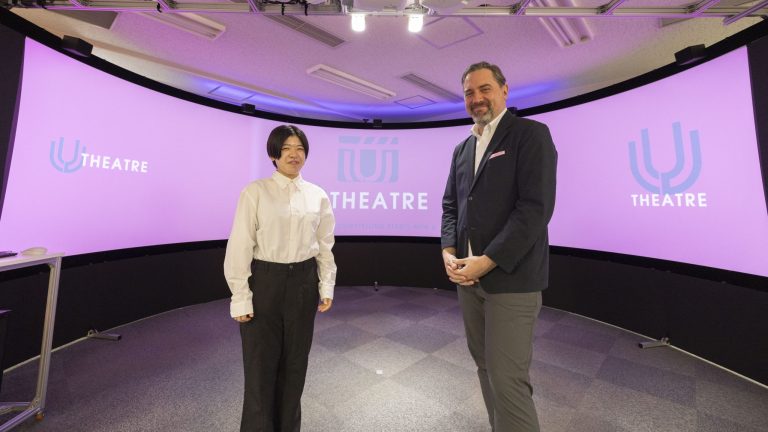
Immersive Learning in Action: Shaping the Future at Kyoto University of Foreign Studies
From AI-enhanced lectures to VR field trips: Peek into the future of learning with Professor Hawkinson and his student, Honoka Satake, at Kyoto University. In an enlightening conversation at Kyoto University of Foreign Studies, Professor Eric Hawkinson and second-year Global Tourism student Honoka Satake delve into the evolving realm of educational technology. Hawkinson, an expert…

The Only Way to Own Anything in the Future is to Steal It – The Irony of Digital Ownership
In a twist that would impress even the most skilled wizard at Hogwarts, Sony recently pulled off a disappearing act with hundreds of Discovery shows in the PlayStation digital store, much to the dismay of the muggles who had paid for them. This sleight of hand brings us back to the muggle world, where the…
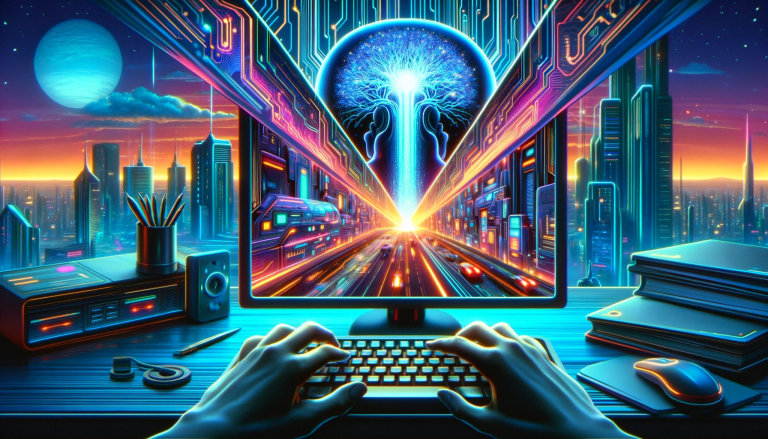
OpenAI’s GPTs Security Leaks: A Catalyst for Enhanced Digital Literacy?
As we integrate AI more deeply into our lives, it’s crucial to be aware of the data we share and how it might be used or potentially exposed. Emphasizing digital literacy is key to fostering a safer, more responsible Internet environment. This awareness not only helps protect personal information but also guides us in understanding the implications of our interactions with AI and other digital platforms. Being digitally literate empowers users to navigate the online world more safely and make informed decisions about their digital footprint. This consciousness, shared by a well-informed populace, indeed contributes to a safer and more secure internet for everyone.

Sam Altman was Fired: The Paradox of Principled Leadership in Tech
As these technologies make deeper impacts into the lives of everyday people, reaching into all aspects of life from work to communities, elections, health, and more, the debate surrounding governance and ethical leadership in tech will only become more crucial. This ever-evolving dynamic places a magnifying glass on how we shape the digital world, making it a matter of profound significance for everyone, regardless of their interaction with technology.

The Flawed Pursuit of Growth in Educational Technology
The disconnect became evident when students were plugged into their laptops, isolated from the broader classroom experience. This showed a stark misunderstanding: equating individual pacing with personal learning.
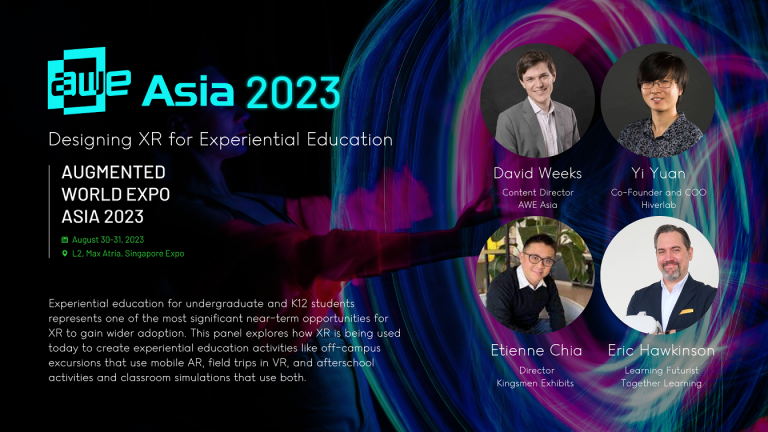
AWEAsia 2023 Panel – Designing XR for Experiential Education: A First-Hand Perspective
Hello, everyone! This is Eric Hawkinson, and I recently had the privilege of participating in the AWEAsia 2023 Panel on “Designing XR for Experiential Education.” The experience was enlightening, and I’m excited to share some insights with you. The panel discussion revolved around the potential of XR (Extended Reality) in reshaping experiential education for undergraduate…
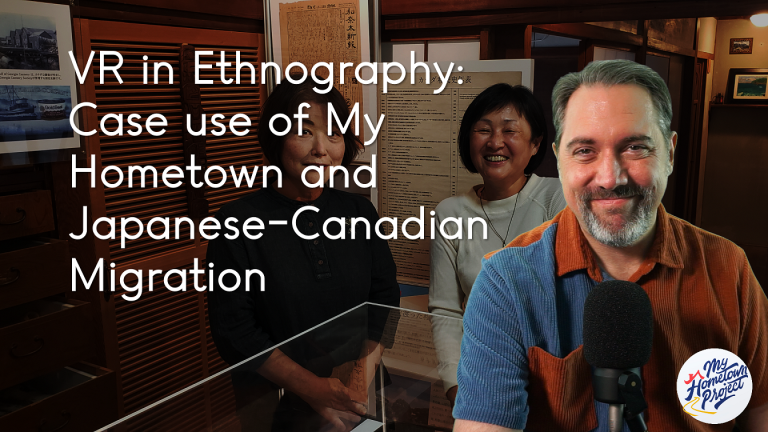
Bridging Cultures with My Hometown Project: VR Tales from Japan to Canada
Today, I’m thrilled to dive deep into an endeavor that perfectly embodies the magic of integrating virtual reality, ethnographic research, and community engagement. Introducing the “My Hometown Project” – an experience like no other! Imagine for a moment, a platform where students, irrespective of where they come from, can weave together a virtual tapestry of…

